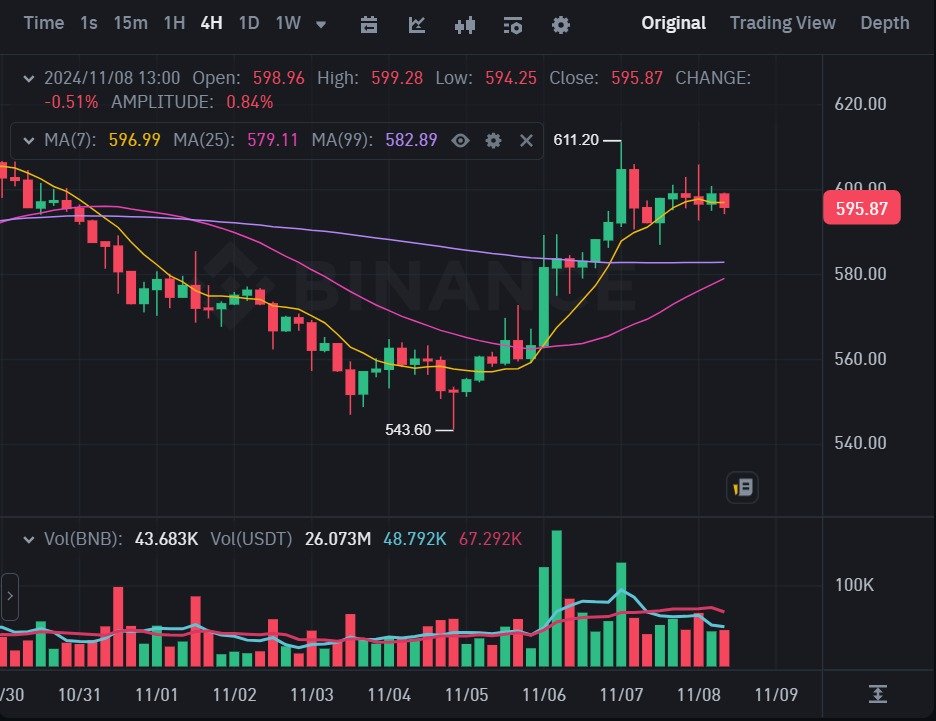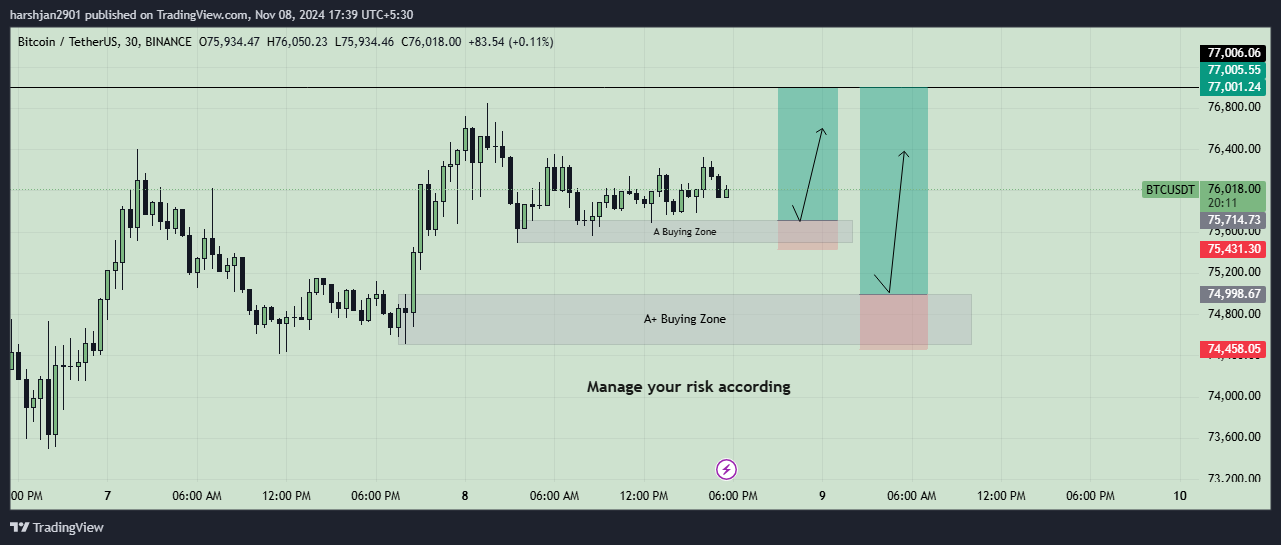The question of whether cryptocurrencies will experience another crash is one that has been on the minds of many investors, especially in light of the market’s past volatility. Cryptocurrencies, including Bitcoin, Ethereum, and various altcoins, have gained significant attention over the years for their potential for high returns—but they have also been infamous for their sudden and steep price crashes.
In this blog, we will explore the likelihood of a future crypto crash, what might cause it, and whether such a crash presents an opportunity or a threat to investors.
1. The Cyclical Nature of Crypto Markets
Crypto markets, like many emerging asset classes, are often cyclical in nature. This means they experience periods of rapid growth followed by sharp declines. The market for cryptocurrencies is still relatively young, and many factors—ranging from regulatory news to investor sentiment—can drive extreme fluctuations in price.
Historical Crypto Crashes:
- 2017-2018 Crash: After reaching an all-time high of nearly $20,000 in late 2017, Bitcoin (and the broader crypto market) crashed dramatically in 2018, with prices dropping by over 80%. This is one of the most notable crashes in crypto history, but it was followed by a rebound.
- 2021-2022 Correction: After reaching a new all-time high of $69,000 in November 2021, Bitcoin experienced another significant drop in 2022, falling by more than 50% in price.
These examples underscore the volatility that is characteristic of the cryptocurrency market. It’s important to recognize that while crashes are common, the market has also recovered in the past, eventually surpassing previous peaks.
2. Factors That Could Cause a Future Crypto Crash
While it’s impossible to predict the future with certainty, there are several key factors that could trigger another crypto crash:
a) Regulatory Uncertainty
One of the most significant risks facing the cryptocurrency market is regulation. Governments around the world are still figuring out how to deal with cryptocurrencies, and any drastic regulatory measures could cause prices to plummet.
- China’s Ban: In 2021, China imposed a complete ban on cryptocurrency trading and mining, which led to a sharp decline in the price of Bitcoin and other cryptos. A similar action from other major economies, such as the United States or the European Union, could trigger another significant market crash.
- Taxation and Reporting: Governments tightening tax regulations or enforcing more stringent reporting requirements on crypto holdings could create selling pressure, leading to a decline in market prices.
b) Market Sentiment
The crypto market is largely driven by market sentiment. As a speculative asset class, Bitcoin and other cryptocurrencies are often subject to the whims of investor psychology. News events—whether positive or negative—can lead to sharp price movements.
- FOMO and FUD: Fear of missing out (FOMO) during bull runs and fear, uncertainty, and doubt (FUD) during corrections can lead to volatile price swings. If negative news stories about crypto (e.g., hacks, scams, or market manipulation) spread rapidly, they could trigger widespread sell-offs, leading to another crash.
- Whale Manipulation: Large holders of cryptocurrencies, often referred to as whales, have the ability to move the market with large buy or sell orders. If a whale decides to offload a substantial portion of their holdings, it could cause prices to plummet.
c) Technological or Security Failures
The crypto market is highly dependent on blockchain technology and the security of crypto exchanges. If there is a major hack or a failure in key infrastructure, it could severely damage investor confidence and cause a crash.
- Exchange Hacks: Cryptocurrency exchanges are frequent targets for cyberattacks, and significant hacks or loss of user funds could create panic selling, triggering a market-wide crash.
- Blockchain Vulnerabilities: While blockchain technology is considered secure, vulnerabilities or unforeseen issues in major networks like Bitcoin and Ethereum could result in a loss of trust in the entire market.
d) Macroeconomic Factors
Cryptocurrencies are also influenced by broader economic trends. While many people view crypto as a hedge against inflation or currency devaluation, major shifts in global markets or economic conditions could impact the value of digital assets.
- Interest Rate Increases: Central banks around the world have been adjusting their monetary policies in response to rising inflation. If interest rates rise or there is a tightening of liquidity, it could make riskier assets like cryptocurrencies less attractive, leading to price declines.
- Stock Market Correlations: In some instances, cryptocurrencies have shown correlations with traditional equity markets. A significant downturn in stock markets or a global recession could cause investors to liquidate riskier assets, including cryptocurrencies, leading to a crash.
3. Can Crypto Recover From a Crash?
Despite the risks of a future crash, one of the defining features of the crypto market is its resilience. In past crashes, cryptocurrencies have shown an ability to recover and even surpass previous price highs.
a) Institutional Support and Adoption
The increasing participation of institutional investors and large companies in the crypto market is a strong indicator that cryptocurrencies are becoming more mainstream. Tesla, MicroStrategy, and investment firms like Grayscale have all invested heavily in Bitcoin, and many traditional financial institutions are starting to integrate crypto into their offerings.
Institutional adoption can act as a stabilizing force in the market, providing liquidity and support during downturns. This could help to mitigate some of the volatility and may support the recovery of prices in the event of a crash.
b) Decentralization and Community Support
One of the unique aspects of cryptocurrencies is their decentralized nature. Unlike traditional assets, where central authorities can intervene in a crisis, the crypto community tends to rally behind the asset and innovate in response to challenges.
- Ethereum’s Transition to Proof of Stake (Ethereum 2.0) is an example of the crypto community actively working to improve the technology behind digital currencies, which could strengthen the sector and contribute to future recovery.
- Bitcoin’s Store of Value Narrative: Bitcoin’s positioning as a store of value—similar to gold—continues to attract investors who see it as a long-term asset, regardless of short-term price fluctuations.
c) Technology and Use Case Evolution
The continued development of blockchain technology and new use cases for cryptocurrencies—from DeFi (Decentralized Finance) to NFTs (Non-Fungible Tokens) and Web3—could provide new avenues for growth. These innovations could lead to renewed interest and demand for cryptocurrencies, driving prices higher after a crash.
4. What Can Investors Do to Prepare?
While there’s no way to predict whether or when another crypto crash will happen, there are several strategies investors can adopt to prepare for volatility:
- Diversification: Spread your investments across a variety of assets, both within the crypto space and traditional financial markets, to mitigate risk.
- Risk Management: Use stop-loss orders, set profit-taking targets, and make sure you’re only investing money you can afford to lose.
- Stay Informed: Keep up to date with regulatory news, market trends, and technological developments that could affect the crypto market.
- Use Crypto Trading Bots: Consider using crypto trading bots to automate trading decisions based on preset strategies, helping you take advantage of both market upswings and downturns.
5. Conclusion: Will Crypto Crash Again?
Given the volatile nature of the cryptocurrency market, there is always the possibility of a crash or significant price correction in the future. However, the resilience of cryptocurrencies, combined with factors such as institutional adoption, technological advancements, and growing use cases, means that the market could recover just as it has in the past.
For investors, it’s crucial to be prepared for both the risks and the opportunities that come with crypto. Lumina Lore offers tailored crypto trading strategies, bot trading, and copy trading services to help you navigate market volatility and make the most of the opportunities available. Contact us today for expert guidance on how to thrive in the crypto market, regardless of what the future holds.
Key Takeaways:
- Cryptocurrencies are highly volatile and prone to price crashes.
- Regulatory uncertainty, market sentiment, and macroeconomic factors could trigger a future crash.
- Despite risks, the market has shown resilience and recovery after previous crashes.
- Diversification, risk management, and staying informed can help investors navigate volatility.



